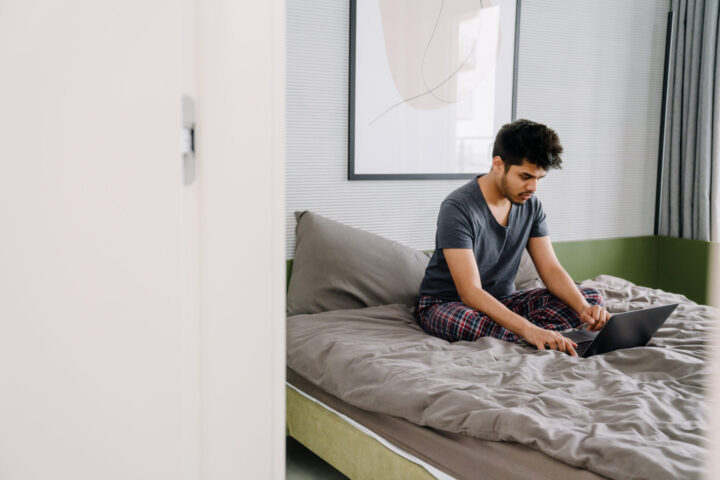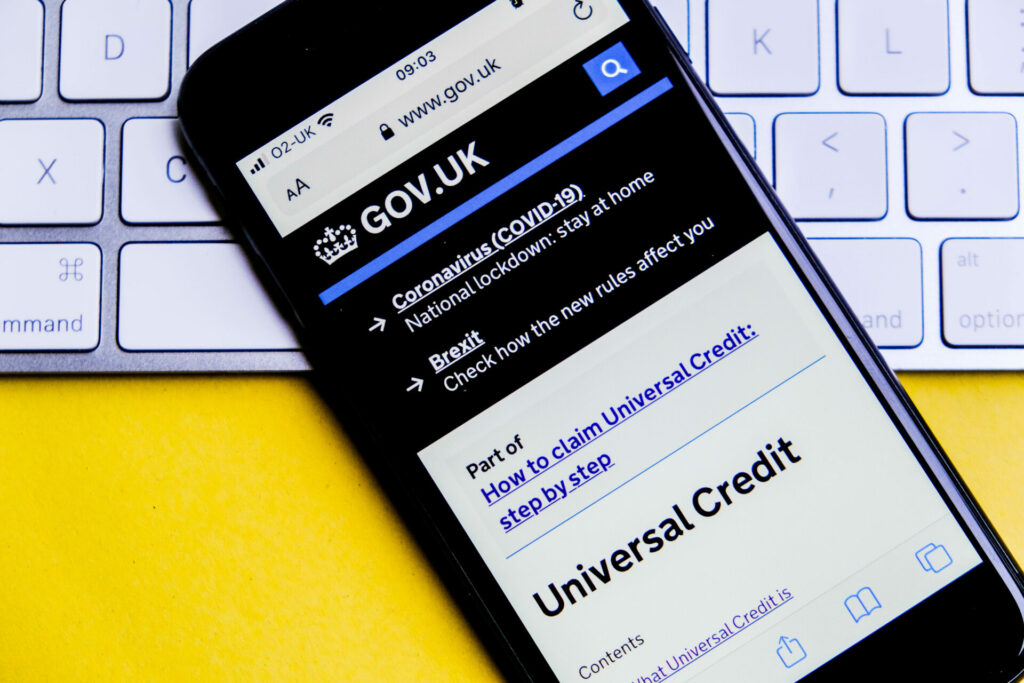New data has revealed a significant rise in interest in mental health advice for those working from home (WFH), with searches increasing by 60% over the past year.
More than two-fifths (42%) of remote workers reported that working from home has negatively affected their mental wellbeing, leading to a spike in online searches related to managing health while working remotely.
Analysis by Choose Leisure found a sharp increase in searches for terms such as “work from home health”, “WFH mental health”, “WFH wellbeing”, and “WFH wellbeing tips”, along with 1,446 related keywords.
The data showed that England recorded the highest rise in searches for work-from-home wellbeing issues.
In 2022, these search terms were used an average of 79,720 times per month, a figure that rose to 129,950 in 2024, marking a 63% increase.
Scotland followed with a 36% increase, while Wales and Northern Ireland saw rises of 35% and 12%, respectively.
Dr. Hana Patel, an NHS GP and GP Medico-Legal Expert Witness, stated that while remote work offers several benefits, it can also lead to isolation and have a significant impact on mental health.
She said that managing boundaries between work and personal life can be particularly challenging outside a traditional office setting.
Patel outlined several strategies to help maintain wellbeing, including setting a daily highlight to create a sense of accomplishment, ensuring a proper lunch break away from the workspace, and differentiating between work and personal use on digital devices by setting up separate logins or using distinct screensavers.
She also suggested creating a clear distinction between formal meetings and informal conversations with colleagues by designating different spaces for them, taking a walk at the end of the workday to mimic a commute, and setting reminders to log off at a reasonable time to avoid working excessive hours.
Donna Bicker of Choose Leisure said: “It’s important for remote workers to understand they are not confined to four walls, their home office or any space you use for daily work.
“Working from home is designed to foster flexibility and improve work-life balance.
“With mental health concerns on the rise in the UK, finding an ideal workspace—whether at home, in a café, or even travelling in a motorhome—can be essential for improved mental well-being and productivity.”















